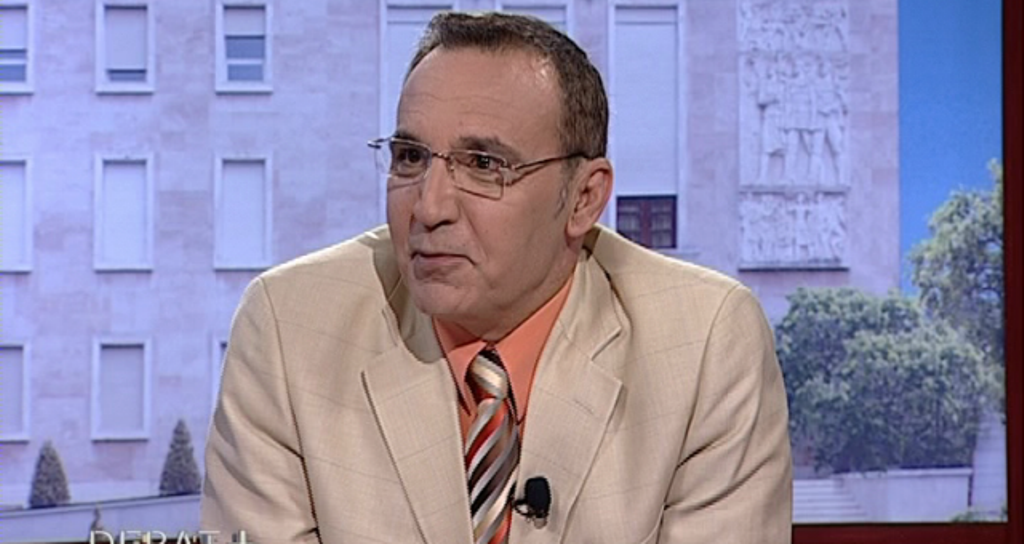
The Democratic Party has imposed a non-negotiable condition for its participation in the elections; the creation of a technocrat government. According to the opposition, no elections can be organized by the current government, as it will use criminal elements or people who have become rich in a corruptive way to receive votes. But is the problem that the DP is putting forward solved with the creation of a technical government? With the current electoral system, no matter who is appointed as a technocrat prime minister or technocrat minister of interior, the lists of political parties in different constituencies will be backed by criminal elements or people who have become rich in corruptive ways. These people may pass the decriminalization “filter” (because they may have no criminal records), but their supporters will continue to do what they have done in previous elections, no matter how much the technocrat prime minister or interior minister try to stop them.
A change that could tackle this phenomenon would be the change of the electoral system, in such way that criminal elements or people who have become rich in a corruptive way, to be as little stimulated as possible to secure votes for the candidates that they support.
Thus, in 2005, according to the electoral system, there were 100 constituencies and those elections showed that in many constituencies, there were strong clashes between rival candidates. As a result of these clashes, OSCE-ODIHR suggested changes in the electoral system, in order for direct clashes of individuals supported by criminal elements to be prevented. Thus, a 12 constituency electoral system was decided, where every district was a constituency on its own. With the reduction of the number of constituencies, there was fewer stimuli to include in the electoral race individuals who were supported by criminals or people who had become rich in corruptive ways, however, they did preserve their importance.
Thus, big parties decided to include in their lists such elements, who were interested in gathering as many votes as possible for their party, in order for them to get into parliament. Meanwhile, small ally parties put such individuals on top of their list in those constituencies where they believed they would win seats. For example, for the first time, the left wing coalition managed to win in the district of Shkoder 6 to 5 seats, thanks to a seat
won by a small party. This party was mainly supported in Puka. And examples such as this one can be found in many districts of Albania.
Another solution for this problem would be to further reduce constituencies from 12 to 1, in order for the country to be considered as a single constituency. This means that small parties which are in coalitions with large parties not to be favored by the fact that they’re part of the coalition. With the current system, a small party, which is in a coalition with a large party, can secure a seat if it receives 6000 votes in a constituency, even if it secures zero votes in other constituencies (as illustrated by the example above). Meanwhile, a party which is not in a coalition (such as FRD, which won 30 thousand votes nationwide in 2013), may not be able to secure any seats, because it must receive at least 12 thousand votes in a single constituency.
In a single constituency electoral system (national system), no pre electoral coalitions are needed. There may be joint lists; for example the SP may introduce in its lists the heads of the PSD, PDS, etc, but it would be absurd for each of these parties to have their own lists in a pre-electoral coalition.
In a single constituency electoral system (national system) with an electoral threshold of 2%, a small party (which is not part of the joint lists with large parties) can secure a seat in parliament with 34 thousand votes nationwide and not with 6 thousand votes in a constituency. Thus, such party, may secure a seat in parliament thanks to a national support given by the voters of its program and not thanks to criminals or people who have become rich thanks to corruption in one or two constituencies.
Large parties are also less stimulated to base their electoral strategy on such elements. Thus, in a national electoral system, the SP would have 140 candidates in a single list and the first 66 seats are almost guaranteed. Those who are interested to gather votes will be the 2-3 candidates who follow the 66th candidate, with the hope that the SP wins more seats. But, however interested they may be personally, they are not able to have a significant impact on the number of votes nationwide. The SP may receive more or less seats, mainly thanks to a nationwide support that the voters of this party may offer.
But would this system completely remove the stimuli for these criminals to be involved in the electoral lists? Of course not, but the stimuli would be significantly reduced. Such elements could be included the elections again, but they would not be rewarded as good as they are rewarded today. In a system with a single national constituency, they would not have their direct representatives in parliament. They may be promised favors by one party or another, but it’s different when they have their own people in Parliament (which may decide the destiny of the government). Benefits in the second case could be greater and more secure…




